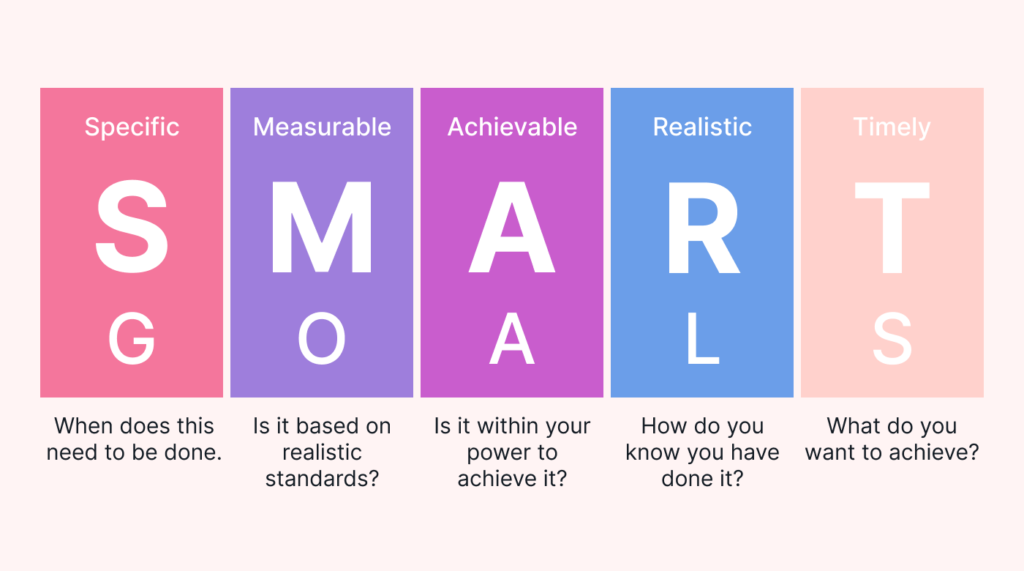If you were to list the most frequently written-about topics in history, “How to Be Smart” would undoubtedly claim the top spot. It’s not because writers are unnecessarily bombarding readers with advice on intelligence; it’s because the subject resonates with countless individuals. The pursuit of wisdom and intelligence is universal, and that’s probably why you’re reading this article.

The good news is that becoming smarter doesn’t require an extraordinary effort or a radical change in your lifestyle. Intelligence isn’t just about acquiring vast amounts of knowledge—it’s about refining your thought processes, habits, and mindset. Smart people don’t have a secret formula; they simply adopt and maintain certain key habits that help them stay ahead.
Here are seven powerful habits that can significantly enhance your intelligence and help you navigate life more effectively.
They set clear and meaningful goals!

Smart people don’t drift through life without direction. They understand the importance of setting clear, achievable goals and consistently working towards them. Goal setting provides structure and motivation, allowing individuals to measure progress and stay on track.
How You Can Apply This Habit:
- Define what success means to you, whether it’s academic excellence, career growth, or personal development.
- Break larger goals into smaller, actionable steps to make them less overwhelming.
- Regularly review and adjust your goals based on your progress and changing circumstances.
Setting goals at an early stage in life provides a roadmap to success. Even if you haven’t set clear objectives yet, it’s never too late to start. The key is to be intentional about your aspirations and work towards them consistently.
They develop a step-by-step plan to achieve their goals!

While having goals is essential, setting them without a strategy is like embarking on a journey without a map. Many people dream big but fail to break those dreams into manageable steps. Smart individuals, however, approach their goals systematically, understanding that significant achievements are the result of small, consistent efforts.
How You Can Apply This Habit:
- Outline a step-by-step plan to reach your goals.
- Focus on daily and weekly progress rather than expecting overnight success.
- Stay adaptable—modify your plan as needed while keeping your ultimate objective in sight.
Success is not about achieving everything instantly; it’s about persistence, planning, and continuous improvement.
They control their impulses and make thoughtful decisions!

One of the key traits of highly intelligent individuals is their ability to think before acting. They don’t make rash decisions based on temporary emotions. Instead, they take time to analyze situations, weigh the pros and cons, and then proceed with a well-thought-out plan.
How You Can Apply This Habit:
- Pause before making big decisions—take time to reflect on the potential consequences.
- Develop self-discipline to resist distractions and impulses that might hinder your progress.
- Learn from past mistakes and refine your decision-making process.
Controlling impulses doesn’t mean overthinking every choice; rather, it’s about striking a balance between logic and intuition to make the best possible decisions.
They know their limits and work within them!

Smart individuals have an acute awareness of their strengths and weaknesses. They don’t burn themselves out trying to achieve something that is beyond their capacity at the moment. Instead, they work on gradually expanding their abilities while being mindful of their limits.
How You Can Apply This Habit:
- Identify your strengths and leverage them to your advantage.
- Recognize areas where you need improvement and work on developing those skills over time.
- Set realistic expectations for yourself and avoid unnecessary stress by taking on more than you can handle.
Pushing your limits is important, but understanding them ensures that you grow at a sustainable pace.
They commit wholeheartedly to their pursuits!

Many people start projects with enthusiasm but lose interest midway when things get challenging. Smart individuals, however, stay committed to their goals with unwavering determination.
How You Can Apply This Habit:
- Choose pursuits that truly matter to you to ensure long-term motivation.
- Develop discipline to keep going even when initial excitement fades.
- Remind yourself of your “why”—the reason behind your goals—to stay inspired.
Commitment is what separates those who achieve greatness from those who simply wish for it.
They are excellent listeners and lifelong learners!

Listening is one of the most underrated yet powerful habits of intelligent people. By being good listeners, they absorb valuable information, gain new perspectives, and build meaningful relationships.
How You Can Apply This Habit:
- Practice active listening—truly engage in conversations instead of just waiting for your turn to speak.
- Read widely and expose yourself to diverse viewpoints.
- Seek out mentors and learn from those who have achieved success in areas you admire.
Listening and learning go hand in hand; both are crucial for intellectual growth and emotional intelligence.
They embrace failure and use it as a learning tool!

Most people fear failure and avoid risks that might lead to setbacks. However, intelligent individuals recognize that failure is an essential part of growth. They see mistakes as learning opportunities rather than obstacles.
How You Can Apply This Habit:
- Shift your mindset—view failure as feedback rather than a dead end.
- Analyze what went wrong and make adjustments for the future.
- Keep moving forward despite setbacks; resilience is a hallmark of true intelligence.
Every failure carries a lesson. The difference between those who succeed and those who don’t lies in how they respond to challenges.
One of the most powerful ways to grow from failure is by seeing it as a stepping stone rather than a dead end. Instead of letting setbacks define our abilities or dictate our future, we can embrace them as essential parts of the journey toward success. When we shift our mindset, failure stops being something to fear and starts becoming a source of wisdom. Every misstep holds valuable lessons, offering insights that push us closer to our goals.
Reframing failure allows us to recognize it as an opportunity—an invitation to learn, adapt, and improve. Each challenge becomes a moment to refine our approach, strengthen our resilience, and build the skills needed to move forward. Treating failure as a temporary detour rather than an insurmountable roadblock, we cultivate perseverance and optimism—key ingredients for long-term success.
Final words!
Intelligence is a journey, not a destination. Being smart isn’t about having an extraordinary IQ or an encyclopedic memory. It’s about adopting the right habits and continuously striving for improvement. Intelligence is cultivated through deliberate actions, self-awareness, and an insatiable curiosity for learning. By setting clear goals, planning strategically, controlling impulses, understanding limitations, staying committed, listening actively, and embracing failure, you can elevate your intelligence and navigate life with wisdom and confidence.
The path to becoming smarter is within your control. Start implementing these habits today, and watch how they transform your mind, your decisions, and ultimately, your life.